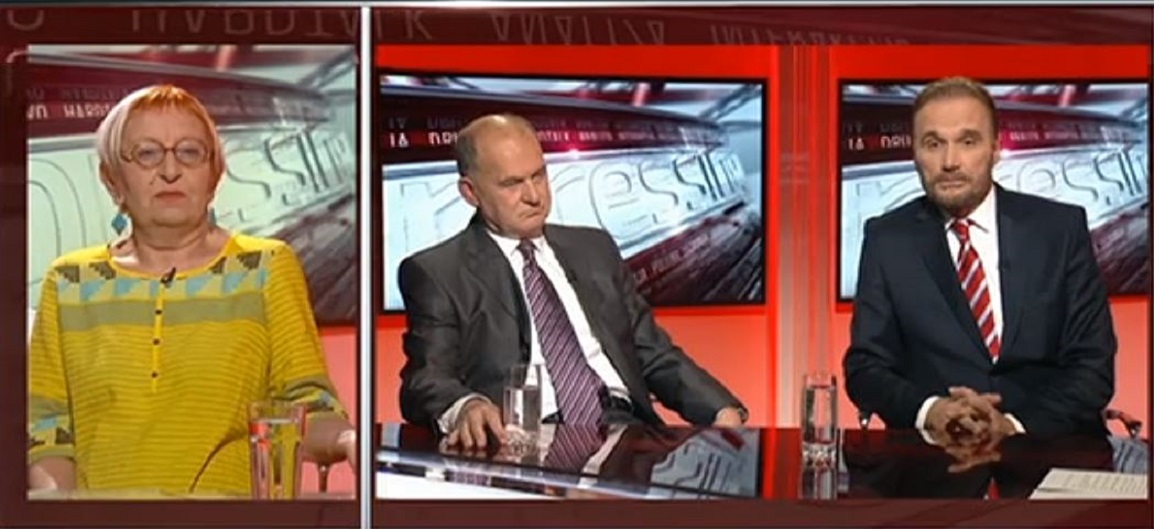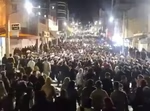
After the final verdict was handed down to Bosnian Serb wartime leader Radovan Karadzic on Wednesday, victims will be able to seek war reparations from Republika Srpska (RS), as Serbia is acquitted, experts from Bosnia, Croatia and Serbia told N1 on Wednesday.
In its final ruling, the tribunal in The Hague sentenced Karadzic to life in prison for war crimes committed in Bosnia during the 1992-1995 war, including genocide.
“Every person whose family member has been mentioned in the ruling against Karadzic by name and surname must receive compensation from the RS as an entity,” said Croatian lawyer Anto Nobilo, adding that in this way Republika Srpska could distance itself from the committed crimes.
Montenegro has begun paying compensations to ethnic Croats who were held in the ‘Morinj’ prison camp in 1991, he said.
Serbian sociologist, genocide researcher and writer, Janja Bec Neumann, agreed, saying that “this must be sought.”
"It would send a message - if you want to destroy, burn, rape in the name of whatever, you will have to pay for it,” she said.
“In Bosnia and Herzegovina, women who were raped have a right, as civilian victims of war, to monthly compensation,” she said. “Formal justice is important, but so is social justice.”
According to Mirsad Tokaca, the Director of the Research and Documentation Centre in Sarajevo, initiating such a move would “contribute to admitting crimes and to the rehabilitation of the victims as much as possible.”
He added that the ideas which were condemned by the Hague Tribunal are still rooted in the political, police and military structures in Bosnia.
Meanwhile, Belgrade is trying to put all the blame on Bosnian Serbs, whitewashing its own role in what happened in Bosnia, he said.
Nobilo agreed, saying that the latest verdicts coming out of the tribunal are writing a fake history as they have been acquitting Serbia which did play a role in the Bosnian conflict.
Lower level verdicts that were delivered at the beginning of the court’s operation established that the Bosnian war was an international armed conflict and that Serbia was involved, he said.
But he said that as the court started trying officials higher up, the armed conflict qualification suddenly disappeared.
Wednesday’s ruling again implied that “Serbia did not participate in the war in Bosnia and Herzegovina,” and that therefore in Serbia the judgement can only be met with enthusiasm, Nobilo said.
“I’m afraid the Prosecution is trying to acquit Serbia and direct the judgements toward saying it was not involved in the war in Bosnia and Herzegovina which takes us to something that is not true, that is false history” he explained.
He explained that the way things stand now legally, Croatia was involved and Serbia was not, although it is well known that Serbia took part in three wars - in Croatia, Bosnia and Kosovo.
“That notorious fact we don’t find in the verdict,” Nobilo concluded.
Kakvo je tvoje mišljenje o ovome?
Učestvuj u diskusiji ili pročitaj komentare





 Srbija
Srbija
 Hrvatska
Hrvatska
 Slovenija
Slovenija



























































